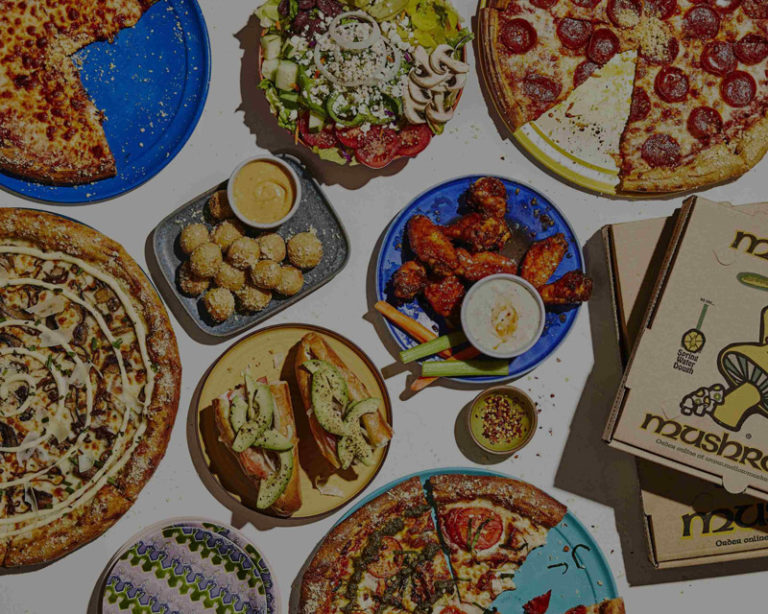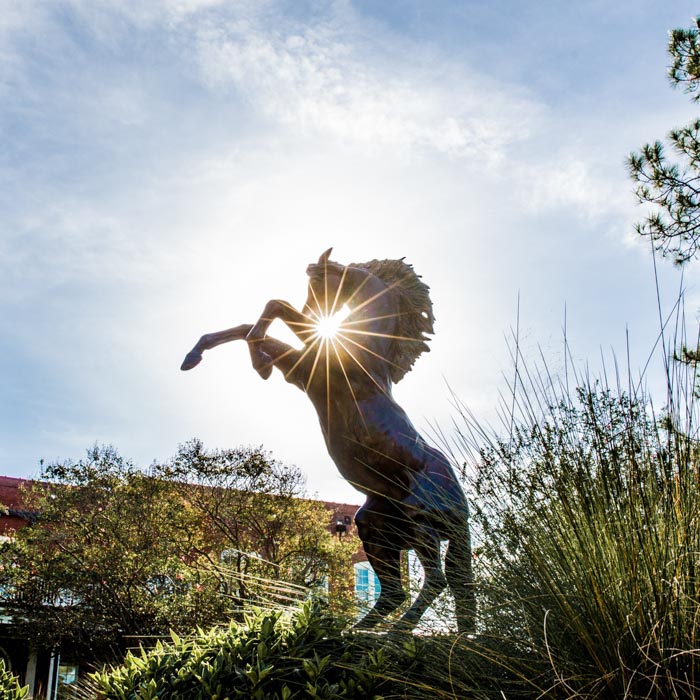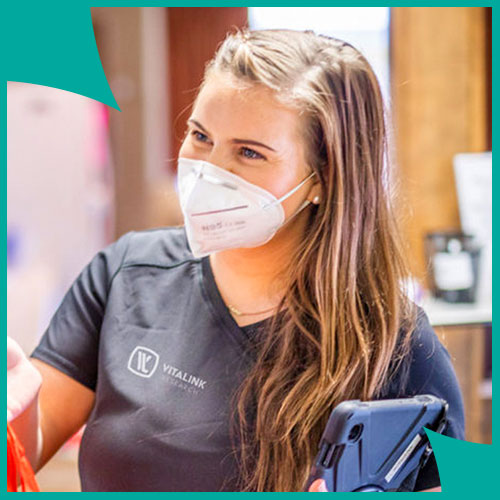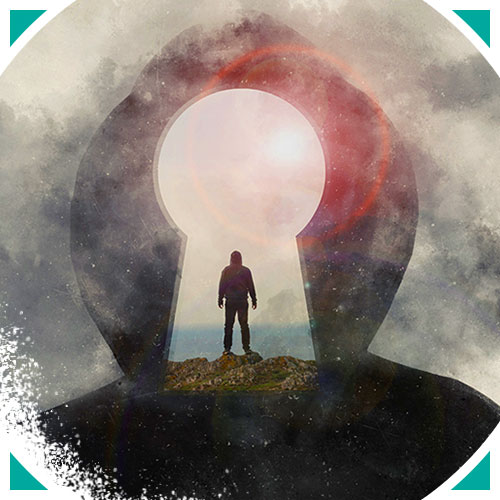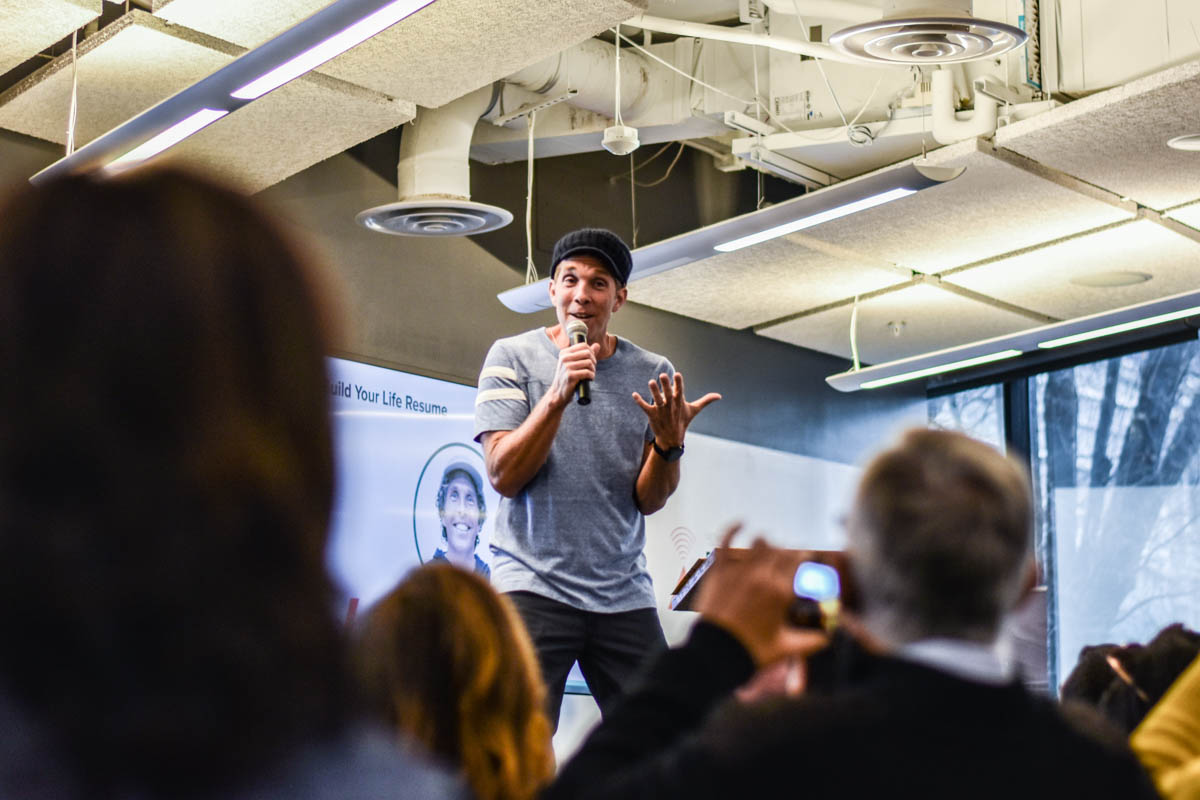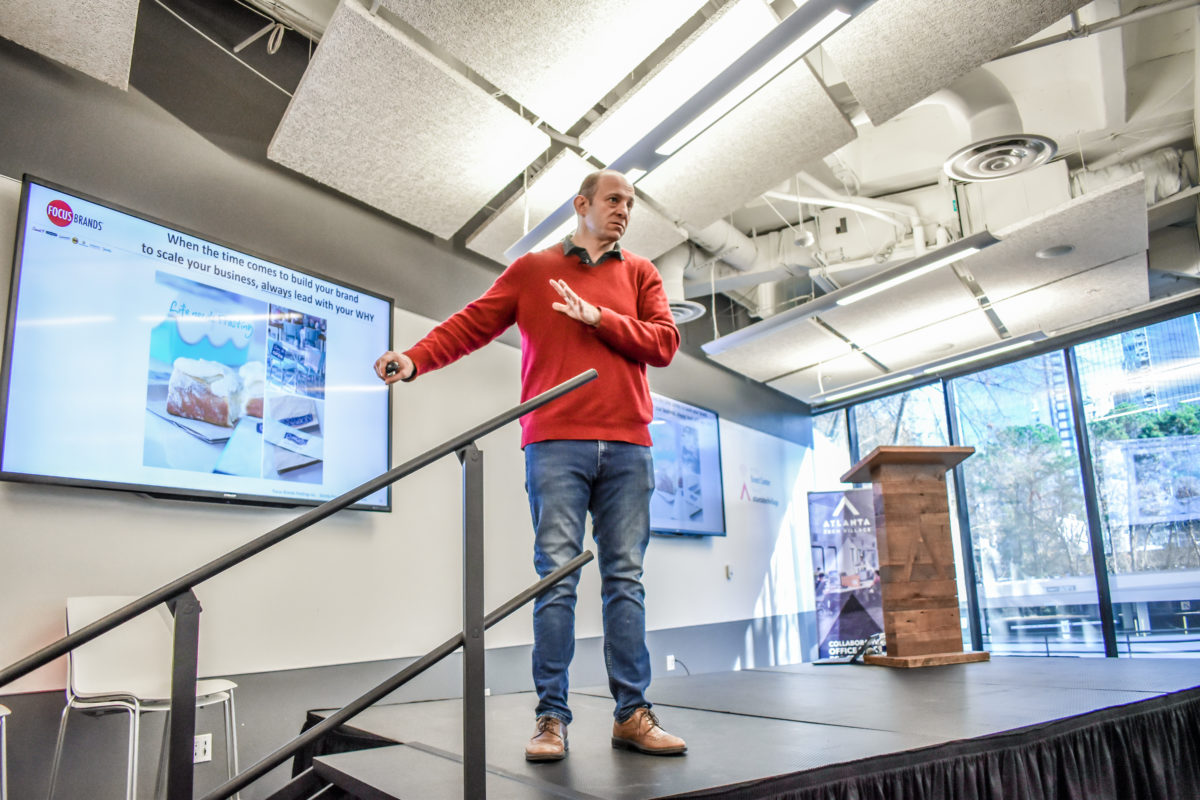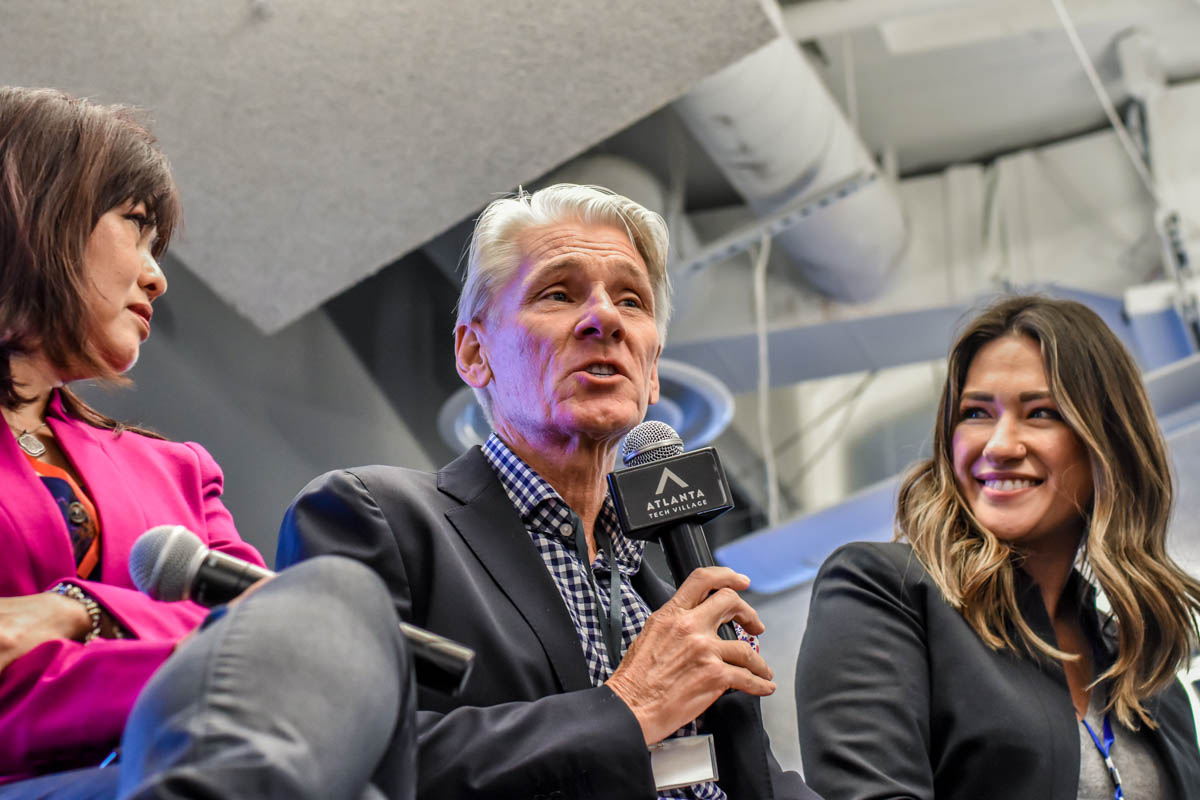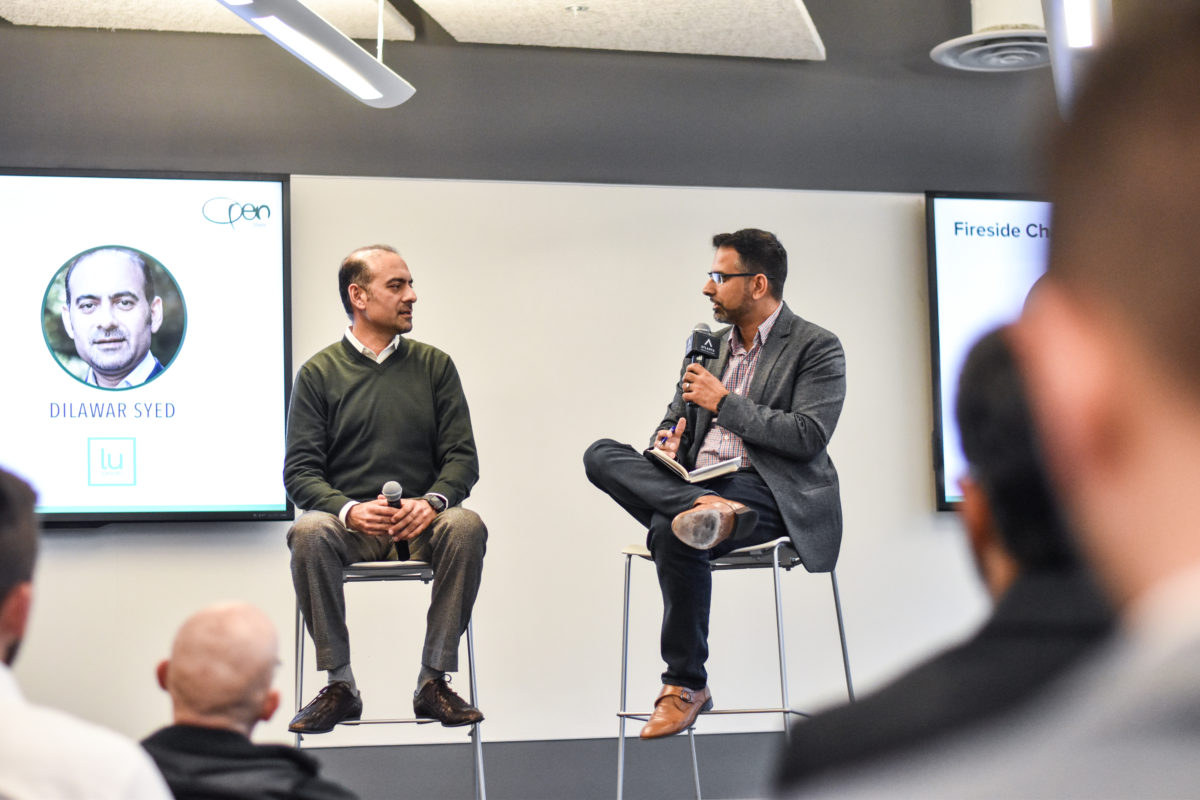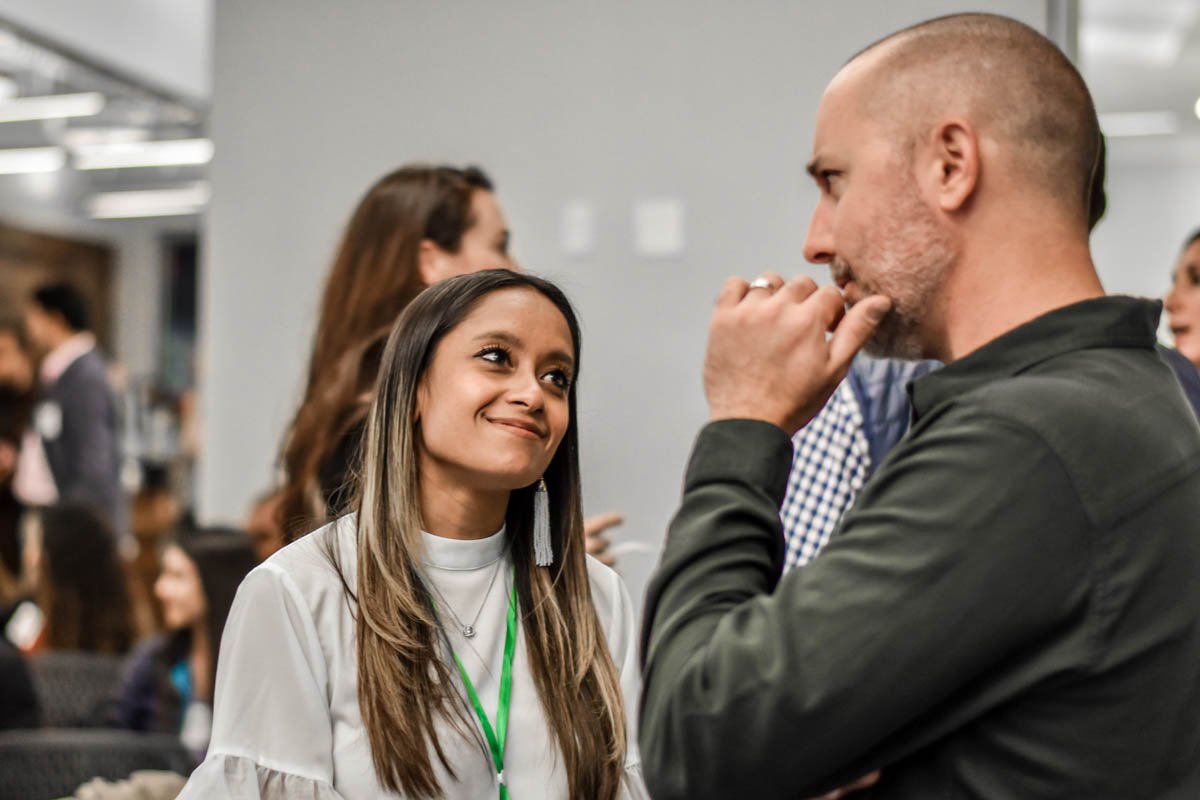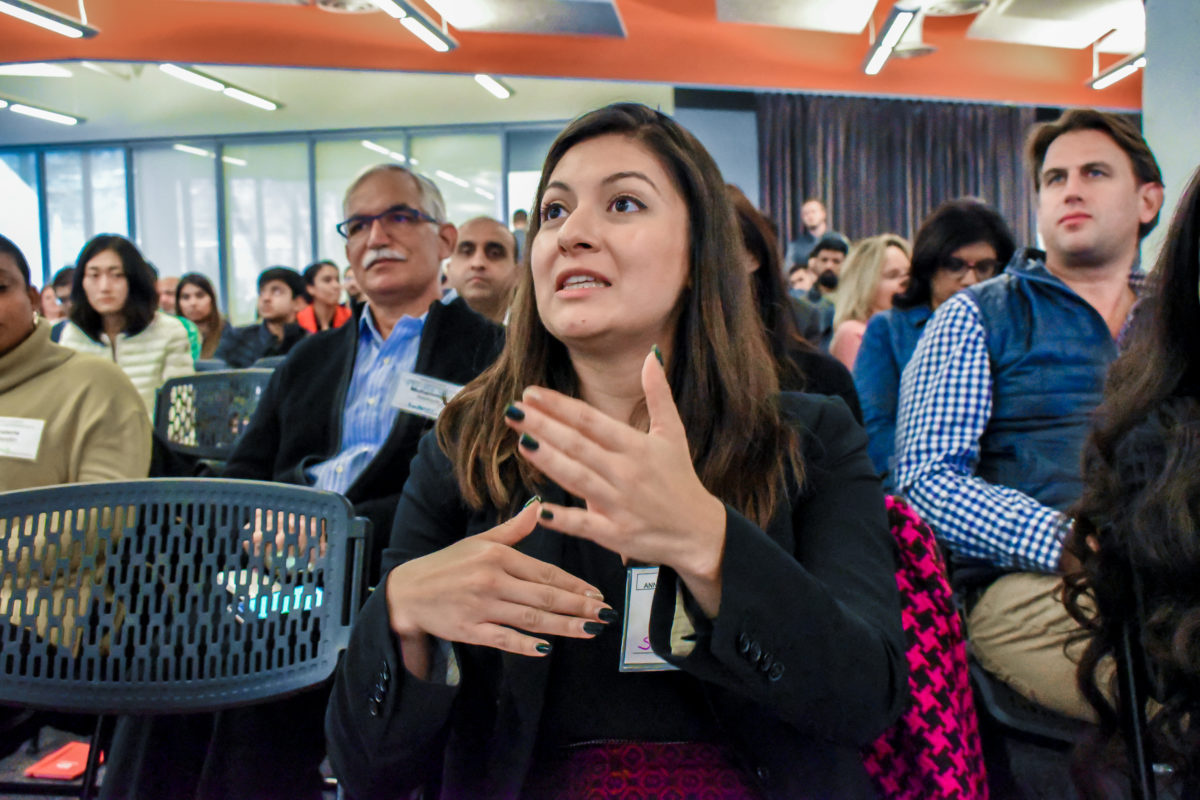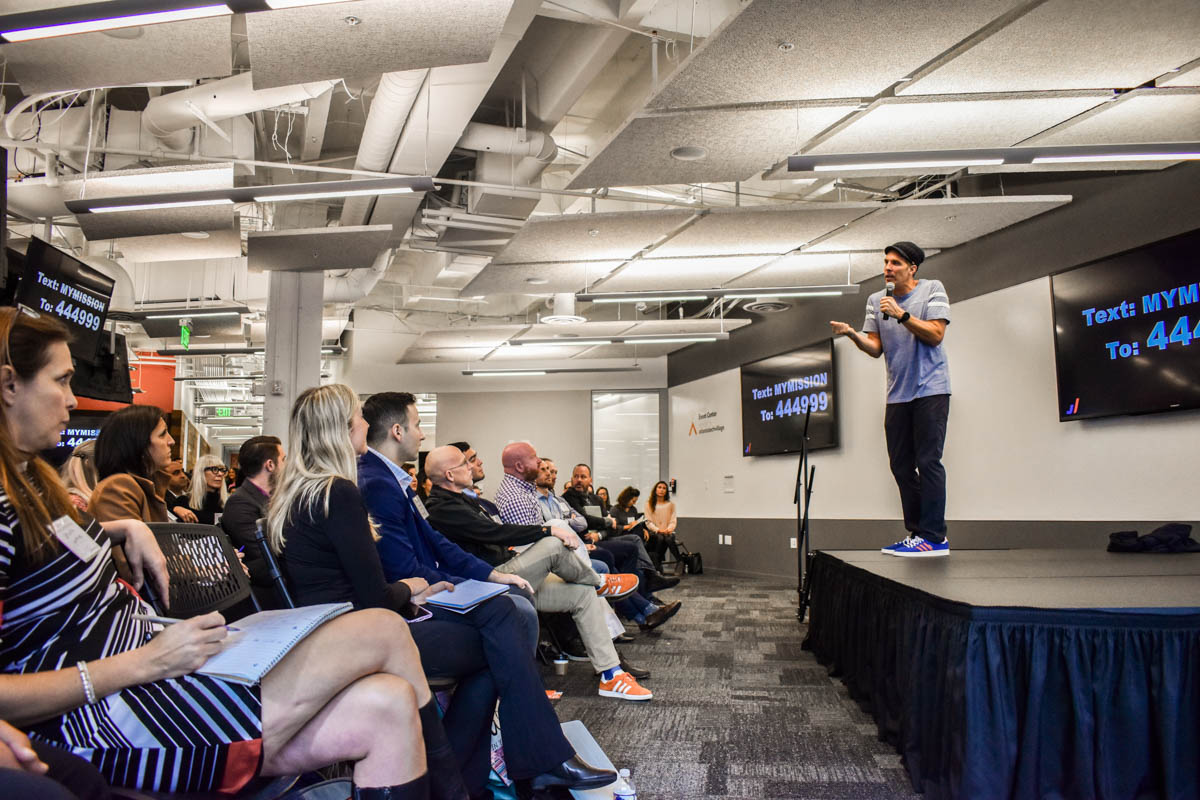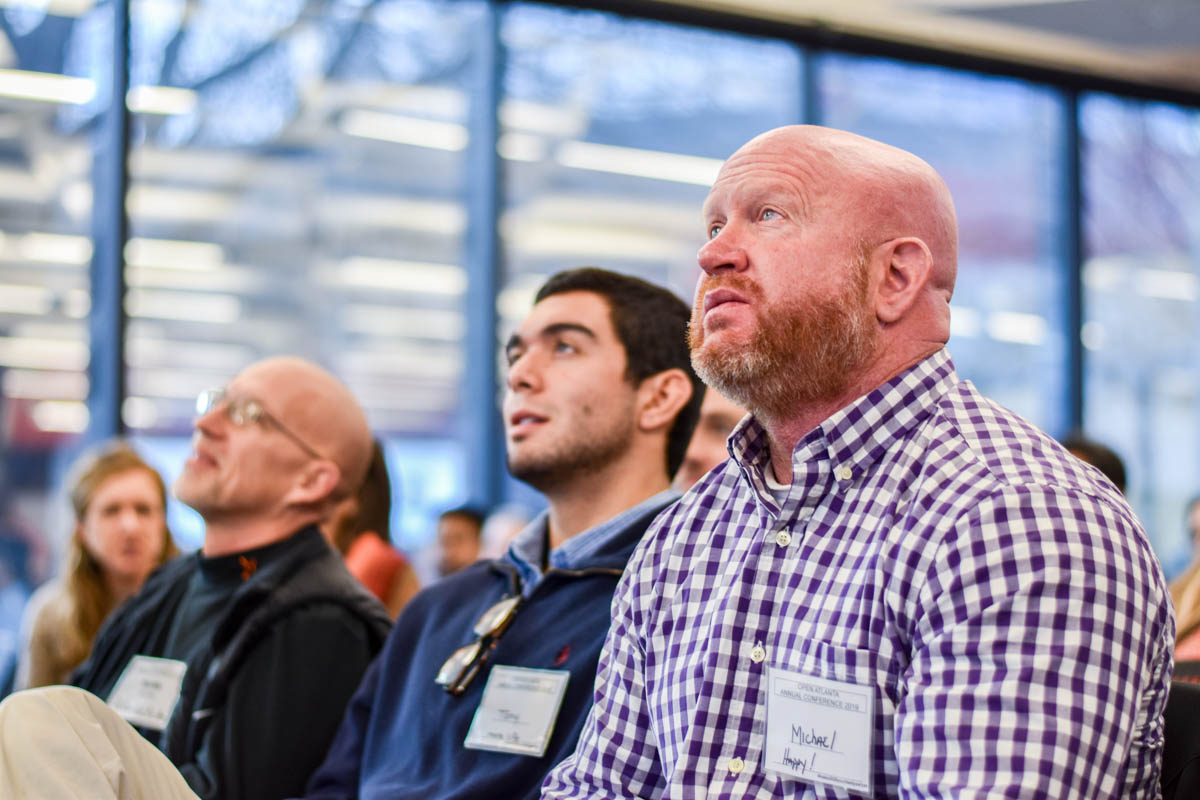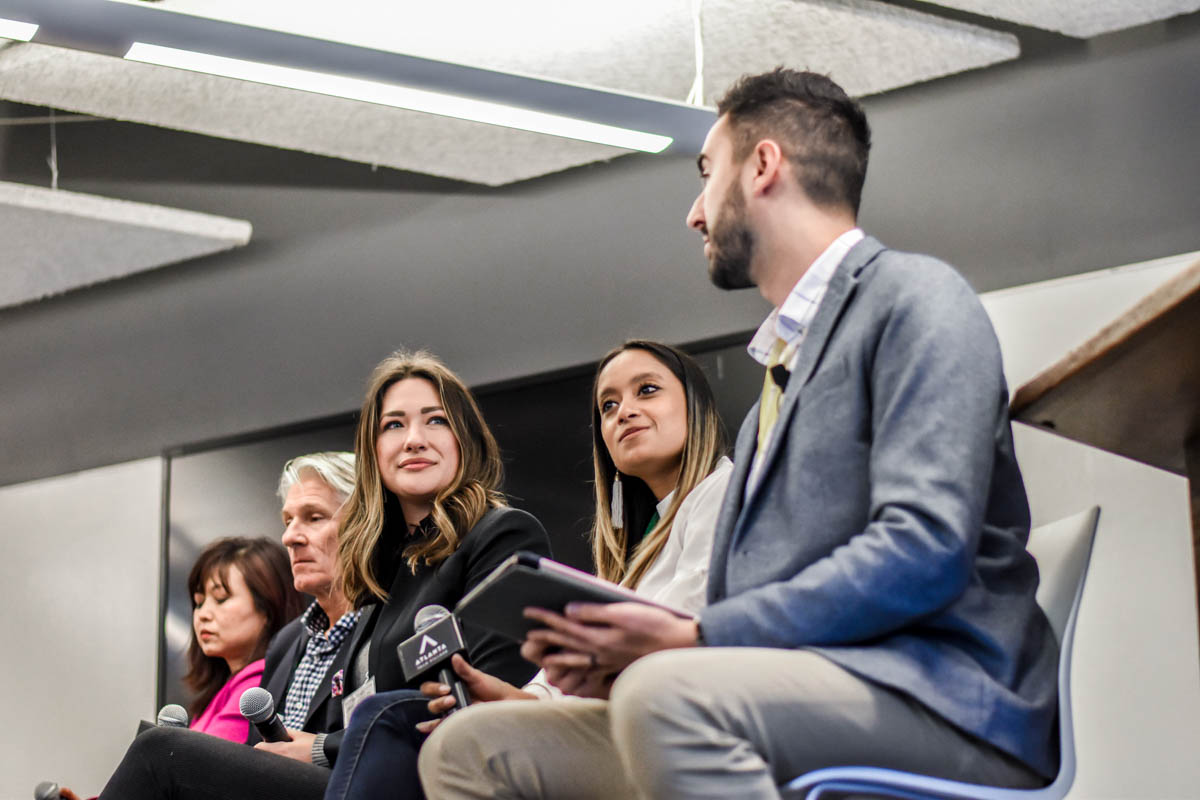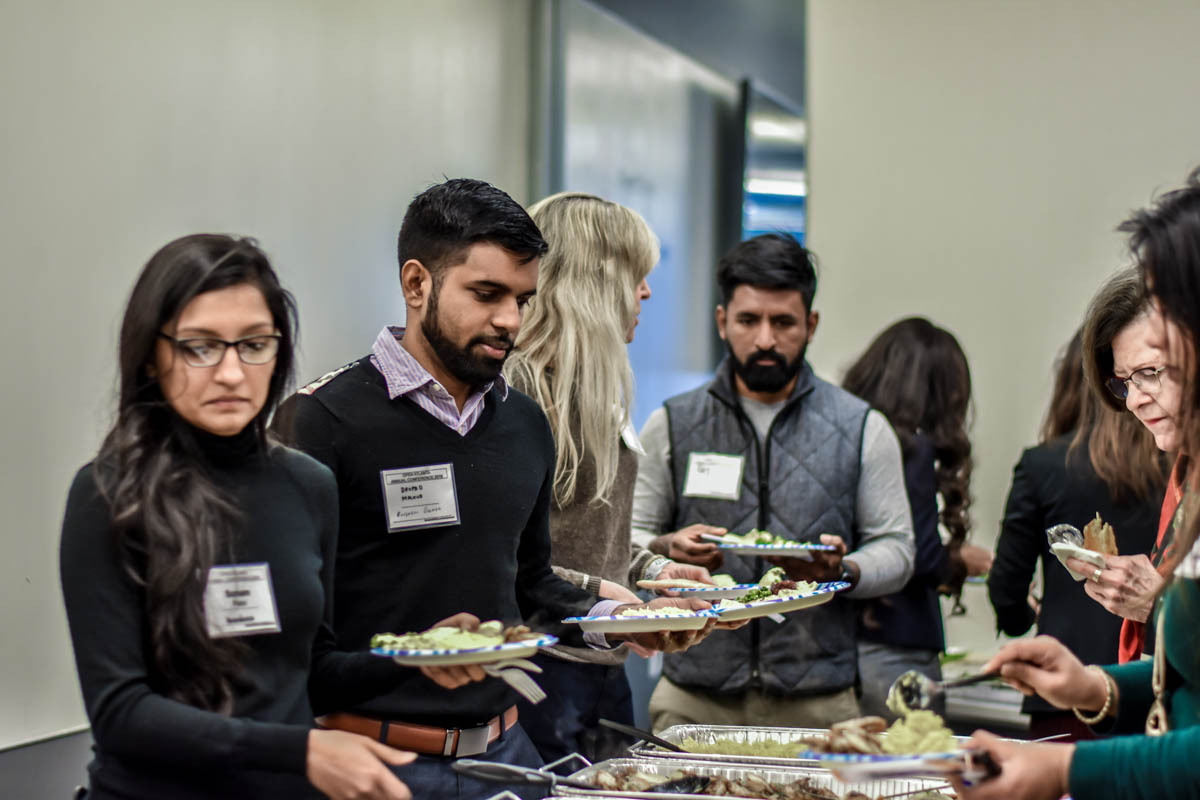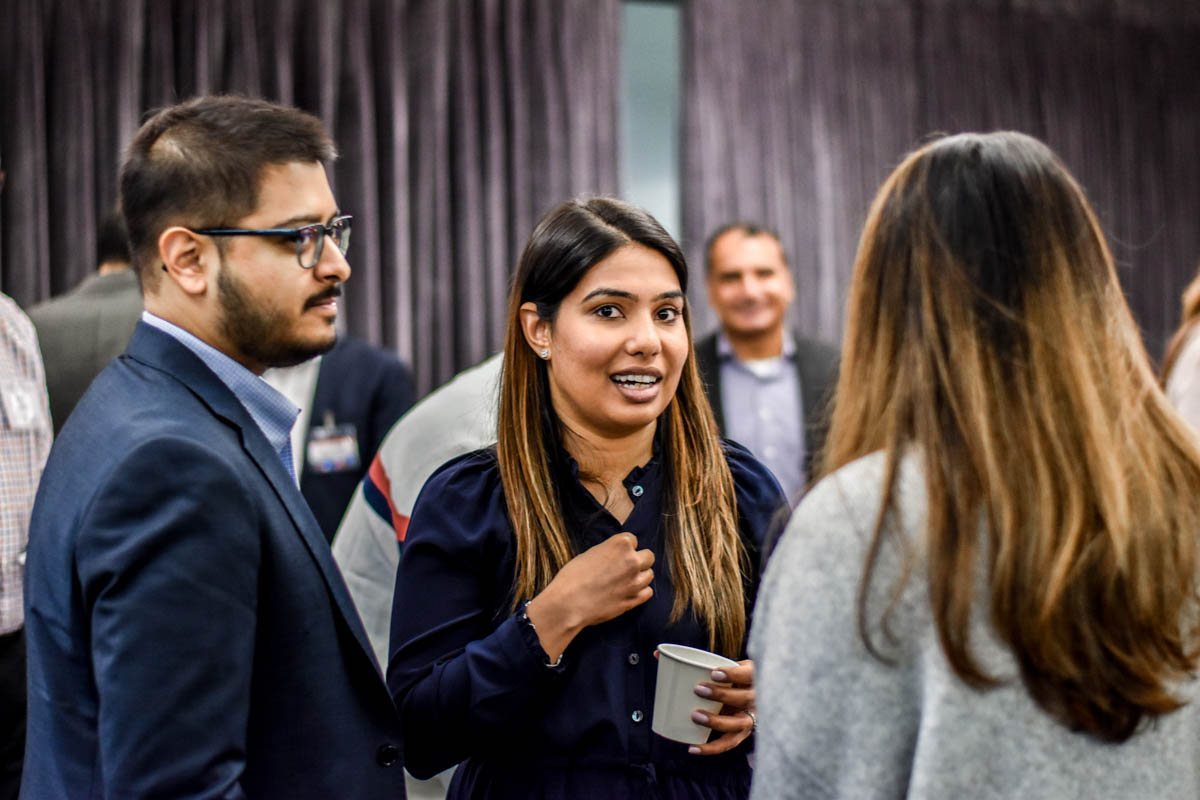How David Feldman brings sweet music to brands
As seen in Emory Business Magazine
What started out as a way to help students succeed in a marketing competition ended up catapulting a small business into the big leagues.
As a student, David Feldman 08BBA, founder of the creative agency 3 Owl, excelled at team presentations and developing strategy and marketing for real-world clients. In Reshma Shah’s course Dynamics of Advertising and Promotion, Feldman worked with his classmates on a campaign for Subaru. Their campaign won first place among 12 competing universities, with Feldman one of a team of five selected to make the final presentation to Subaru executives at their headquarters.
The thrill of creating campaigns would lead Feldman to share his expertise with Goizueta students, and eventually, to start his own firm.
“Since his graduation, David has been helping me with my consultancy classes by providing teams with guidance on the development of their creative big ideas, their storylines and their digital programs,” said Shah, associate professor in the practice of marketing.
In 2013, as he was helping students, an assignment turned into an opportunity for Feldman. Mellow Mushroom, the pizza restaurant franchise, was the client. While aiding the students, Feldman did his own research. What he discovered inspired his own recommendations for Mellow’s brand and would be a big part of 3 Owl’s growth.
“I remember calling Reshma and saying, ‘Hey, the brand that’s stamped into the store is not the brand I see online. I’ve done my own audit of Mellow Mushroom’s digital presence and I have a lot of ideas on how it could be elevated to match their quirky brick and mortar brand. What I wouldn’t do to work with them,’” Feldman lamented.
To his delight, Shah offered to connect him with Dawn Law 99BBA, then senior marketing manager at Mellow Mushroom. (Law is currently CMO for Farm Burger.)
Law invited Feldman to Mellow Mushroom’s headquarters, and with just a hint of trepidation, Feldman was determined to make the biggest pitch of his early career.
“At that point, all my clients were pretty small, teams of four or five people. And it’s me and my one employee and I’m thinking, ‘Oh my goodness. What am I doing here? They’re going to laugh me out of the building,’” Feldman recalled.
But he was determined to try. Building on a history of working with clients who participate in food festivals, Feldman crafted a story that got the restaurant’s creative team humming. So much so that Feldman was invited to pitch a web redesign against more established agencies. His ability to combine web development, user interface (UI) design, and consulting won him the account. The website launched in the Fall of 2017 and exceeded expectations.
“The redesign won every restaurant website award, including restaurant website of the year from multiple sources,” Feldman said. “The ROI was huge. We helped Mellow roll out their online ordering, their first catering platform. It was a really awesome project.”
Thanks to the Goizueta network and preparation, Feldman said the win opened doors to clients all over the country. “That was a turning point for my agency,” he said.
Why 3 Owl?
Feldman has increased the size of his team and taken 3 Owl to the next level. The agency’s name stems from Feldman’s philosophy of creating brands.
“I like owls because they’re wise, but more important is the metaphor of seeing in the dark,” explained Feldman. “People don’t know what they don’t know. We help illuminate what our clients are missing. Even our website has a light mode and dark mode, so you can turn the lights on and off.”
But bringing clients into the light requires time. Feldman is a firm believer in storytelling. Crafting a story often requires a lot of discovery, employing marketing methods and ensuring all stakeholders are on the same page, especially where goals and dreams for the organization are involved. The culmination of this research ensures the essence of a business shines through in the branding.
For those seeking a quick transaction, this type of research-intensive approach is not always a good fit.
“Once, we had a client part ways with us because he said we were too strategic, which is the best compliment I’ve ever gotten,” Feldman said. But for the clients who understand the value of a strong brand, storytelling is essential.
Feldman said he learned a lot about discovery from former adjunct lecturer Joey Reiman’s class while at Goizueta. “Storytelling is based in some sort of truth, whether it’s the organization’s history or something historical or something in their vision that we can really lean into.”
The result is a firm on the move.
Greatest hits
When he’s not strategizing with brands, Feldman is volunteering his time by indulging in his second love, music.
As an undergrad, he spent hours in the Schwartz Center playing jazz and classical guitar. After graduation, a stint in corporate America, and then working for his father’s clinical research company, Feldman missed the artistic and creative.
He stumbled on the ATL Collective in its early days and watched as local bands covered the Beatles’ “Abbey Road” album. Feldman cornered the founder to learn more about the organization and, not surprisingly, wanted to help shape its brand. (He even played in a few early shows.)
Ten years later, ATL Collective connects and empowers Atlanta’s musical community through building relationships, fostering education and promoting preservation. It aims to connect musicians with wider fan bases and provide the resources necessary to sustain musical careers.
For Feldman, this is an opportunity to connect his love of music with the creativity of business. Since that first fateful meeting, he’s not only played in some of the early sessions, but has helped build the brand for the organization and even produced a show at a Delta Air Lines hangar.
“We were covering albums and playing bigger rooms. Variety Playhouse fits 1,200. We went from really small to really big, covering more genres, bringing together more artists,” Feldman said. As the Collective grew, he had an epiphany — “everything we do is in service of the Atlanta music scene. Would we be better off – would we thrive – as a non-profit?”
“Last October we became a 501c3, which made so much sense. Leading with our mission has been a game-changer for ATL Collective and the opportunities it affords us.”
In addition, the Collective is focusing more on the artist and finding ways to support the musicians, from mental health workshops to monthly speaker events.
The shows are big productions, Feldman noted. “The best part is getting these musicians access to new fans, and the public still gets to benefit, but now you’re actually seeing a show knowing that the musicians are getting paid really well. Your money is getting invested right back into the music community.”
From aiding musicians to guiding student teams at Goizueta, Feldman finds joy in all of his connections.
“I still come back at least twice a year to lecture, and I’m always happy to have coffee with students and talk to them about marketing careers,” Feldman said. “Having built an amazing team at 3 Owl, I’m very, very grateful for the experiences I’ve had at Emory and beyond. It feels like that group project, except I get to present and make a career of it. This really feels like I’ve come full circle.”
You Don’t Have to “Fake It Till You Make It”. Just Ask More Questi …
Like many other writers and creatives, I worked in restaurants for a long time while trying to figure out my career path. That experience taught me a range of important things in my life. In a busy restaurant, for instance, you learn how to deal with difficult people, prioritize organization, and remain detail oriented. And there’s no better way to boost your empathy through the roof than learning to deal with moms of kids with gluten allergies or a deep disdain for anything resembling an onion.
When you work in a fine dining restaurant where people are spending hundreds of dollars on multiple courses of chef-curated, locally sourced ingredients and very old bottles of wine, they expect you to know the answer to every question. From “Which wine pairs best with this dish?” to “When was this cow still alive?” — you’ve got to have answers if you want to make tips.
In some of these cases, you’re free to get as creative as you please, so long as your answer isn’t going to impact the quality of the meal or mislead the diner. “Yes, of course this cow was a registered organ donor” can do fine, for example. The answer neither matters nor can be verified- a little white lie to make your job a little easier for the night.
But, sometimes a customer has a more serious question around an allergy, or details on an expensive bottle of wine that require a thoughtful and truthful response. In these moments where I found myself unaware of the correct answer, there was one phrase guaranteed to leave the diner at ease and gave me the opportunity to continue excellent service: “I’m not entirely sure about that. Let me find out for you.”
The Power of Asking
A willingness to admit uncertainty and seek out answers works well for a few reasons. First, it lets the customer know you’re paying attention and care enough to find the answer to their question or solution to their problem. It also keeps the conversation and interaction active, even after you leave the table. Furthermore, it shows just a little bit of above-and-beyond effort which can go a really long way, especially when it comes to making an extra 5% tip for a young 20 something on a $500 check.
As I’ve grown in my career and moved out of the restaurant industry into professional creative environments, “I’m not sure about that; let me find out for you” (or at least its spirit) is still something I use to my advantage often. Here are a few ways I’ve found this concept helpful and how to take advantage of it.
Harness the Ego
Many of us may be intimidated or even afraid of admitting we don’t know something. We’ve all been taught (programmed, maybe) to present as experts or thought leaders when it comes to our fields. Saying “I don’t know” often feels like an instant loss of credibility.
In reality, admitting you don’t know everything is an effective way to not let your ego drive your decision making. By no means should one default to indecisiveness or imposter syndrome, but balancing confidence with humility produces more fruitful work and relationships all around. A willingness to admit unknowing creates an opportunity not only to learn something new, but to learn something together: an invaluable element of trust and team building. It often opens doors for opportunity you may have otherwise never stumbled across.
Most importantly, being confidently unsure sucks the ego out of a conversation. It’s much easier to progress with someone willing to learn and figure it out together than having to feign expertise and stumble through a process.
Kill Imposter Syndrome
While asking the right questions can help mitigate the feeling, we all experience some form of “fake it til we make it” from time to time. It’s inevitable and nothing to be ashamed of. But, the process of “making it” can often feel disingenuous or like we’re lying to our colleagues (or ourselves), when we aren’t sincerely sure of something. The funny thing about imposter syndrome though, is that it only exists when you keep it to yourself. As soon as you’re willing to admit you aren’t sure of something and put it out into the universe, you’re transformed from “imposter” to student.
Once we commit ourselves to ongoing learning and a willingness to ask questions, imposter syndrome has little space to hold on. “Fake it till you make it” may be something we can all relate to, but “Learn and figure it out till you make it” is a bit more human, and therefore more appropriate.
Make It Positive
Part of harnessing the power of “I don’t know” is making it a positive statement as opposed to an apology. We’ve been trained to see a lack of expertise as a negative thing: something to be ashamed of, especially in the workplace.
I challenge you instead to reframe the concept. Rather than letting feelings of incompetency or inadequacy creep in when you have a question, see it as an opportunity to learn and better yourself. Relish a conversation about the thing you don’t know with someone who does. Do some digging on your own and get ahead of the conversation before it even has the chance to feel negative.
If we’re honest with ourselves and treat these moments as opportunities instead of problems, we’ll not only better ourselves, but build stronger relationships with those from whom we can learn.
Don’t stop at “I don’t know.”
The only time the concept of admitting you aren’t sure of something turns negative is when the thought ends with “I don’t know.” This type of answer simply doesn’t allow for the open curiosity of a “Yes, and…” continuation of the conversation — for either person involved.
A willingness to admit unknowing works in your favor only when you finish the phrase with an actionable follow up. By completing “I don’t know” with “let me find out,” “I will ask X person,” or even better, “Can you teach me?” you open doors to learn new things, showing a willingness to learn, and adding to your cache of skills and knowledge. It also empowers both parties to become engaged and involved — widening both your circles.
Expertise doesn’t happen in a vacuum. None of us become successful without guidance from those with more experience and knowledge. A willingness to learn and ask questions is absolutely essential in growing yourself — be that in your personal or professional life. It’s a crucial step on the path to “making it,” whatever that means for you.
Admitting we don’t know everything leads us to ask better questions and learn without accusing ourselves of imposter syndrome or overly faking it. It makes us more confident learners, takes pressure off the expectation of perfection, and brings us closer to those we work and interact with every day.
3 Owl Hosts Marketing Panel at OPEN Atlanta Conference
OPEN Atlanta’s Annual Event was held on December 8th at the Atlanta Tech Village. Speakers include some of the most influential entrepreneurs, business executives, and transformational leaders.
Our founder, David Feldman, was invited to help put together a panel of marketing thought leaders and led a discussion on how digital marketing can enable brand storytelling. The panel included Umama Kibria (Founder and CEO of Sweatpack), Andrew Jones (Principal at Pompier + Partners), Melati Belot (Director of Client Engagement at Y Media Labs), and Jacquie Chew (SVP of Marketing at Avertium).
Check out photos from the event below!
3 Owl Hosts Students for Week-long Marketing Workshop For Teens
JumpSpark is a Jewish community organization designed to connect Atlanta’s Jewish teens with professionals around the city and create opportunities for engagement and growth. 3 Owl had the pleasure of working with JumpSpark to name their brand, design their visual identity, and build their website and social media. After building the brand, we hosted a week-long immersive marketing workshop for JumpSpark students.
We invited fourteen students to join us for a week of real life experience at our agency and asked a few talented friends to lend a hand. Our goal was to give the students both a baseline understanding of our industry as well as an honest look into the creative process. We were transparent and let them experience what being a professional creative means: doing what you love, but making it work with client needs and adapting to feedback to deliver a top-notch product. The week was a well-rounded, fun (we definitely had fun), and interactive look into the branding and design world that ended with feeling the pressure of an actual creative presentation.
Here’s how it went down.
Monday- 101
We started by introducing what 3Owl does and gave the students a baseline understanding of vocabulary and principles of our industry. Reshma Shah, PhD of Emory University shared her day one Marketing 101 slides and our founder, David, introduced some basics like the difference between brand and advertising, Porter’s 5 Forces, and 4 P’s marketing mix.
The second half of the day was led by Aaron, our agency photographer. He took the students through the entire process of a 2 day commercial food photo shoot and shared every detail from planning shot lists to editing and implementation. The students learned about the intentionality behind a photo shoot and the amount of detail they require to be successful.
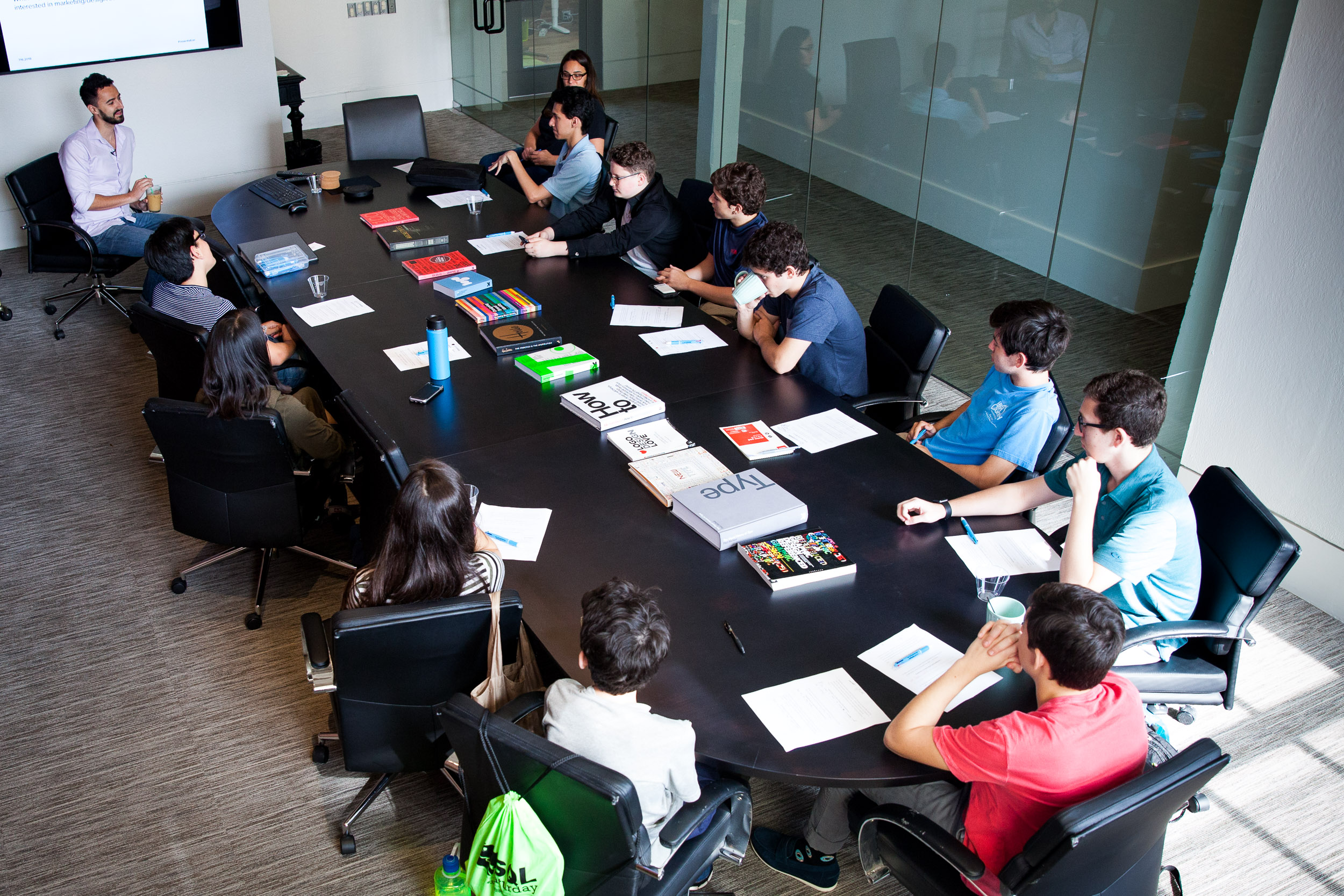
Tuesday- Field trip!
Day two brought one of 3 Owl’s favorite creatives, Eric Goldstein, to present his career journey from creating the original Reebok Aerobic Step to auditioning for a roll as a Blue Man (he almost got it) to creating the Game of Thrones festival with HBO. The students also had the opportunity to visit Brighthouse, a creative marketing consultancy rooted in the power of purpose. Students were able to tour the agency, have their photos taken in their studio, and interact with employees.
We wanted to broaden the student’s perspectives on how others approach marketing and why organizations that lead with purpose are successful. Eric and Brighthouse are two mighty fine examples of that practice in action.
Wednesday- Brand Building
Since these students obviously have a close connection to JumpSpark, we wanted to give them a look behind the curtain to how we developed the brand from our first meeting to final product. Our designer and project lead, Jonathan Splitlog, took them through every step of the branding process including research, mood boards, naming, and all of the steps involved in creating a visual identity.
Designer Vichhika Tep then took the group through the process of creating a website and introduced them to building blocks such as lo-fi wireframes, gathering content, and interactive prototypes.
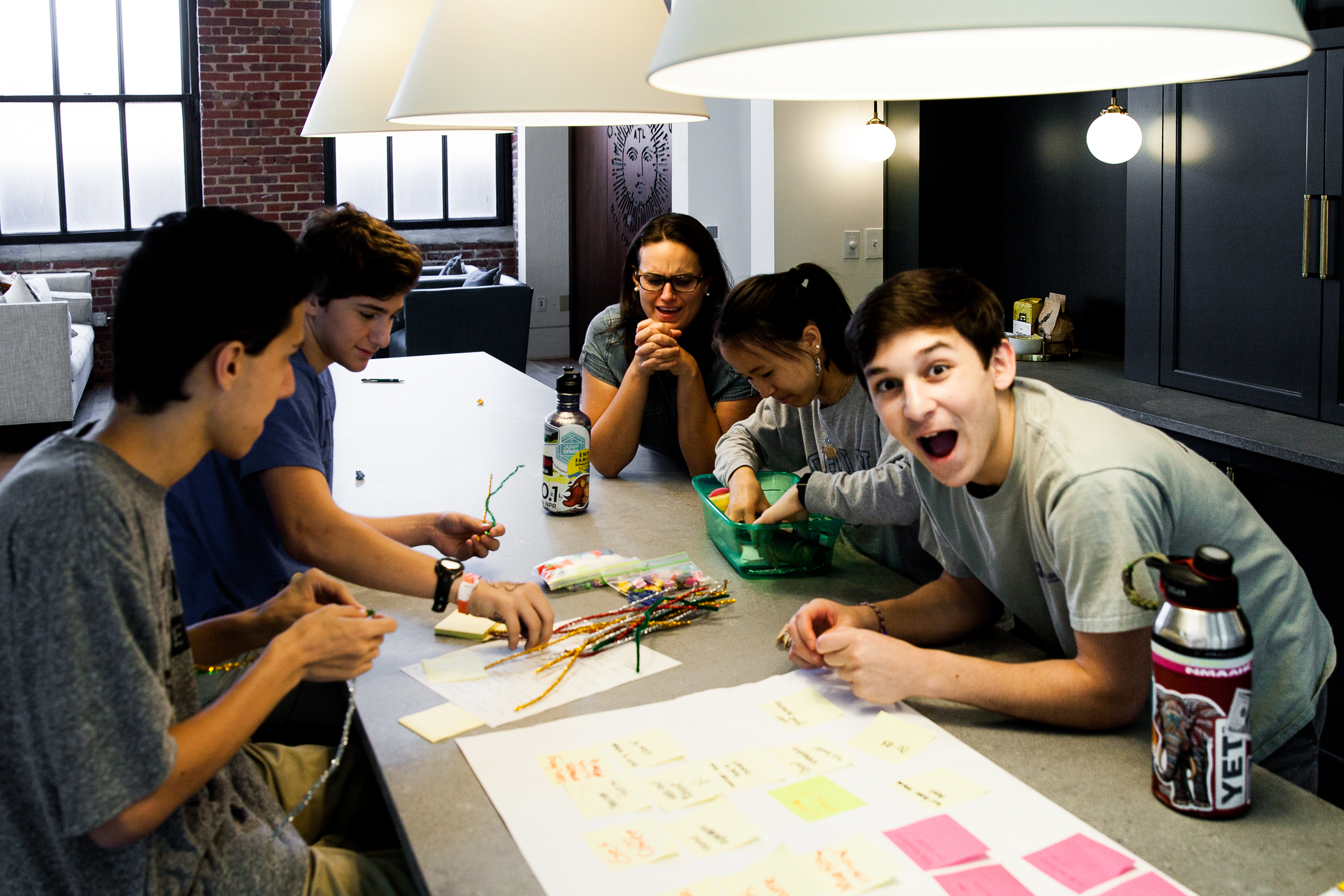
Thursday- Creative Thinking
We are lucky to have a close relationship with the O’Briant Group (affectionately, ‘The OGs’), an Atlanta based marketing innovation group. They were kind enough to join us and take the kids through a full day design thinking lab. The students were challenged with developing an event for Jewish teens that could be used at JumpSpark and went through a variety of design thinking exercises with the OGs such as empathy interviews, built prototypes, and conducted interactive testing to create working models for a potential program.
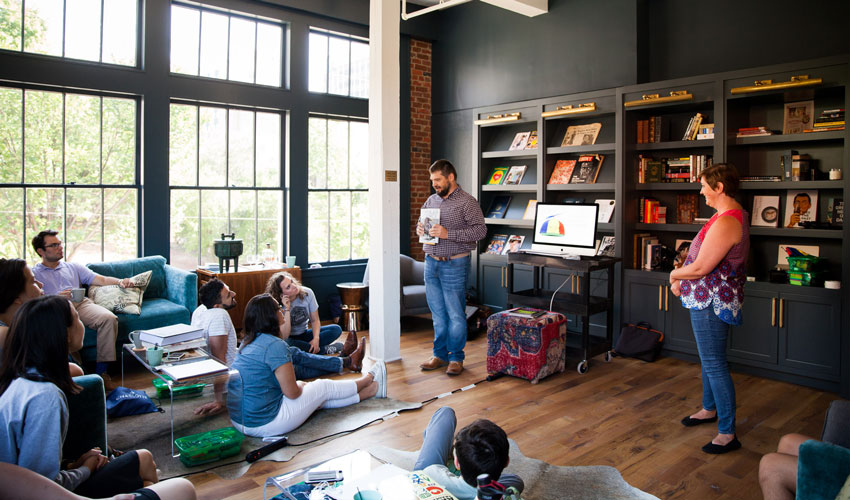
Friday- The Pitch
The week culminated with the students presenting their marketing ideas in front of Jumpspark’s leadership board. To introduce the students to showing their work, David presented a rebrand 3 Owl did for Center Stage. He explained how to effectively sell creative concepts and structure a persuasive presentation. The students were exposed to real world presentation techniques and the fun and challenges that go into an effective creative presentation. They took on the assignment with confidence after a week of learning and impressed the board with their ideas for the future at JumpSpark.
At the end of the week, the kids had a branding and design primer true to how the industry actually operates and left with valuable real-life experience. JumpSpark is doing exceptional work with their students and we were honored to be a part of it.
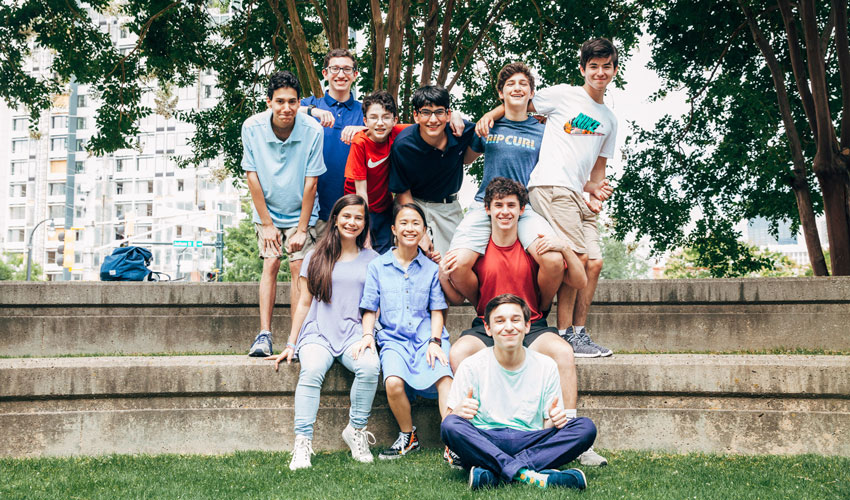
We also finished the week with excellent insights to continue building a strong brand for our client. Spending time with the students our work is actually communicating with influences every aspect of our brand development for JumpSpark. Hearing how they speak to each other, observing their culture and sense of style, and remembering what it’s like to be a teenager has allowed an organic evolution of the brand that continues to grow. It was a strong reminder of the importance of never losing sight of your actual audience and even more so, the importance of mentorship in our industry. Working with a client like JumpSpark is a pleasure, especially after experiencing their mission in action. We can’t wait for the next branding camp.
